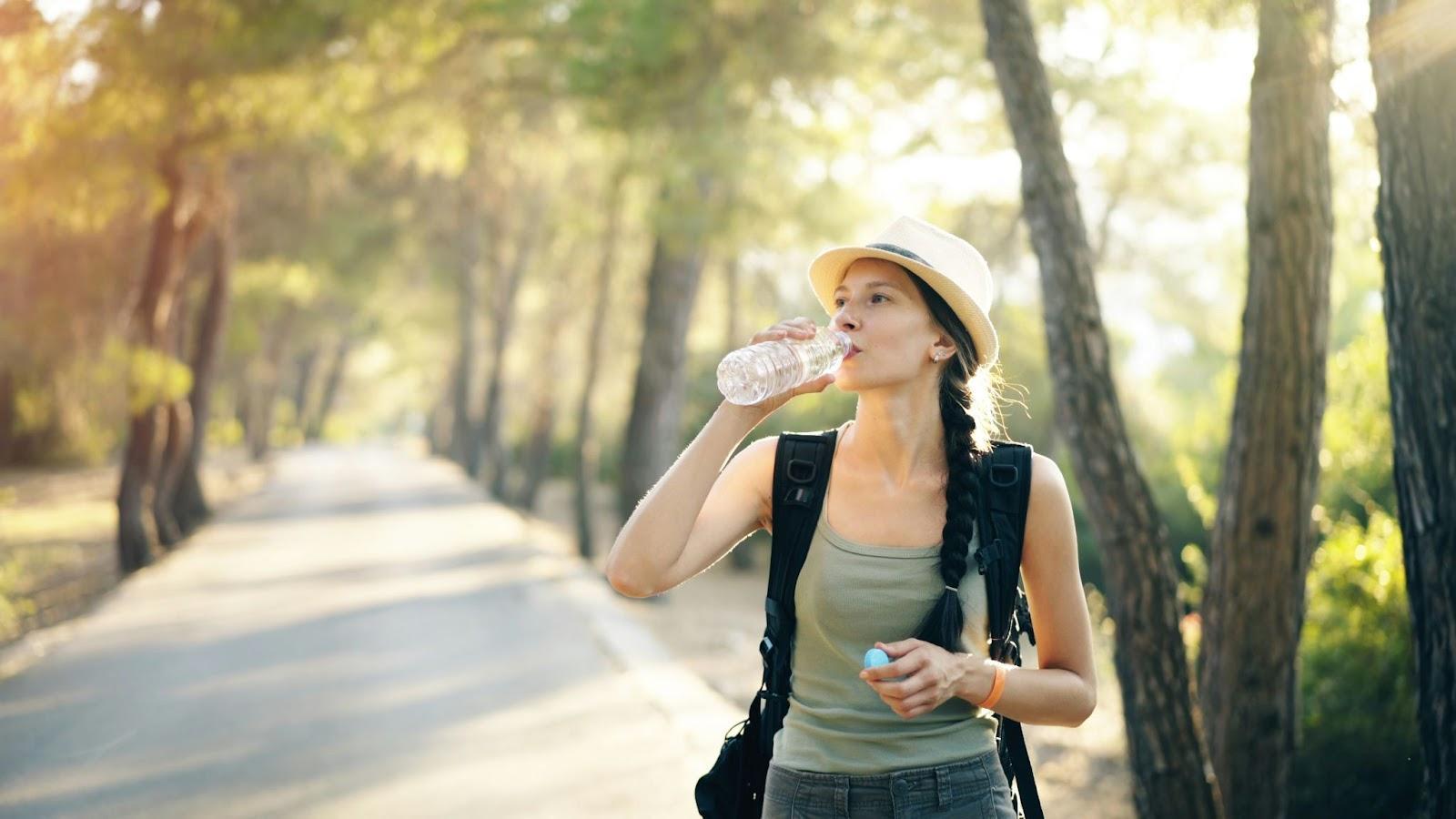Water is the foundation of life. It fuels your brain, digestion, and mood. However, most people fail to drink. Distractions, work, or stress interfere. Fatigue, dullness of thought, and even headache creep in as a result of sensations of dehydration. Hydration apps are here to help. These kinds of technology tools remind, track, and encourage you. They combine medicine and technology in health. Here’s how they work, their key features, and their importance.
Why Hydration Apps Matter
Water keeps your body humming. The CDC emphasizes the importance of water in assisting digestion, maintaining body temperature, and even keeping emotions in check. But staying hydrated is hard for many. Hydration apps make it easier. They focus solely on water intake.
Hydration also plays a vital role in recovery, especially for those healing from eating disorders, where consistent fluid intake supports both physical and emotional well-being. Understanding hydration’s impact during recovery highlights why it’s more than just a wellness trend—it’s a foundation of overall health.
Unlike broad fitness apps, they’re specialized. They are truly tech solutions for better hydration. They use reminders, tracking, and gamification. These features help build lasting habits.
Top Hydration Apps and Their Features
WaterMinder: Personalized Precision
One of the products is WaterMinder. It has an attractive interface. You enter your weight and level of activity. The application establishes a water goal for a day. It even takes into consideration local weather. When it is hot, the target goes high. Notices like “It is time to take a drink!” are presented gently. They fit with your schedule.
A progress bar will be filled as you record every glass. This is a pleasing sight. WaterMinder is Apple Health-compatible. It retrieves fitness or calorie information to adjust targets. Trends are seen in weekly and monthly charts. You will realise whether stress or meetings reduce what you take in. It is ideal for those who are data-oriented and who relish insights.
Hydro Coach: Social and Smart
Hydro Coach goes a step further and personalizes itself. It brings about community challenges. You can join teams with your friends and take on a goal of 2 liters per day. The motivation is propelled by social accountability. It is supported by behavioral science. The app monitors more than water. Take logs of tea, coffee, or high-water foods, such as watermelon. It estimates their level of hydration.
Hydro Coach utilizes the location of your phone. It takes into consideration humidity or altitude. A hiker in Denver requires higher amounts of water than one in Miami. It’s AI learns how much you drink. It recommends ideal feasible sipping times. This ensures one does not find it tough to stay hydrated.
Plant Nanny: Playful Motivation
Plant Nanny turns hydration into a game. Each glass of water you log waters a virtual plant. Skip a day, and your cactus droops. Drink consistently, and it thrives. You unlock new plants or accessories as rewards. It’s ideal for kids or anyone bored by trackers.
The app is simple, not data-heavy. It lacks deep integrations like WaterMinder. But its charm keeps users hooked. Positive reinforcement makes hydration fun. It’s a light, engaging way to build a habit.
Aqualert: Educational and Practical
Aqualert blends tracking with learning. It shares hydration facts. For example, it might note how water boosts energy. Its pop-up tips are rooted in science. Users can set custom cup sizes.
This fits unique bottles or glasses. Accurate tracking becomes easy. Aqualert’s reminders are customizable. You can tweak their tone and timing. It’s great for those who want practical tools with a touch of education.
The Tech Behind the Magic
Hydration apps are tech marvels. They use APIs to pull data. Wearables like Fitbit share activity stats. Weather applications provide seasonal information and set targets for hot or arid weather.
Machine learning learns your drinking patterns, noting whether you ignore the 3 p.m. notifications but are always ready to drink at 4 p.m., and adapts to the pattern.
Apps like Drink Water Reminder can adjust goals based on geolocation, such as an arid climate or a heatwave. Such apps are so effective because of this combination of data-related insights and behavioral nudges.
Who Benefits Most?
Hydration apps serve everyone. Athletes fine-tune performance with pregnant women who meet higher fluid needs. Seniors counter weaker thirst signals. Hydration apps drive this empowerment. They often spark broader wellness habits. Drinking more water can lead to better nutrition and sleep. These apps are gateways to mindful health.
Challenges to Consider
No app is flawless. Notifications can feel intrusive. They might buzz during meetings or sleep. Free versions often limit features, and premium upgrades cost extra. Privacy is a concern, too. Apps that use location or health data may raise concerns for some. However, reputable ones are clear about data use, and you can turn off permissions. This minimizes data-sharing risks. Still, users should check privacy policies.
Tips to Maximize Your App
- Choose an app that fits your style
- Want fun? Go for Plant Nanny
- Crave community? Hydro Coach is your pick
- Set realistic goals
- Log every drink, even small ones
- Sync with wearables for accuracy
- Adjust notifications to avoid annoyance
- Check your progress weekly. It keeps you motivated
Conclusion
Hydration apps are game-changers. They make a basic need feel achievable. They blend science, tech, and fun. Download one today. Try WaterMinder for insights. Pick Hydro Coach for social vibes. Choose Plant Nanny for playfulness, or explore Aqualert for learning. These tools empower you. They make wellness simple. Grab your phone and take a sip. Let code care for your health. Your body will thank you.
